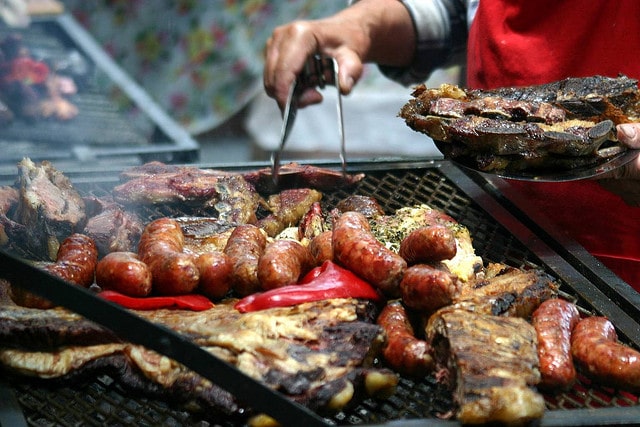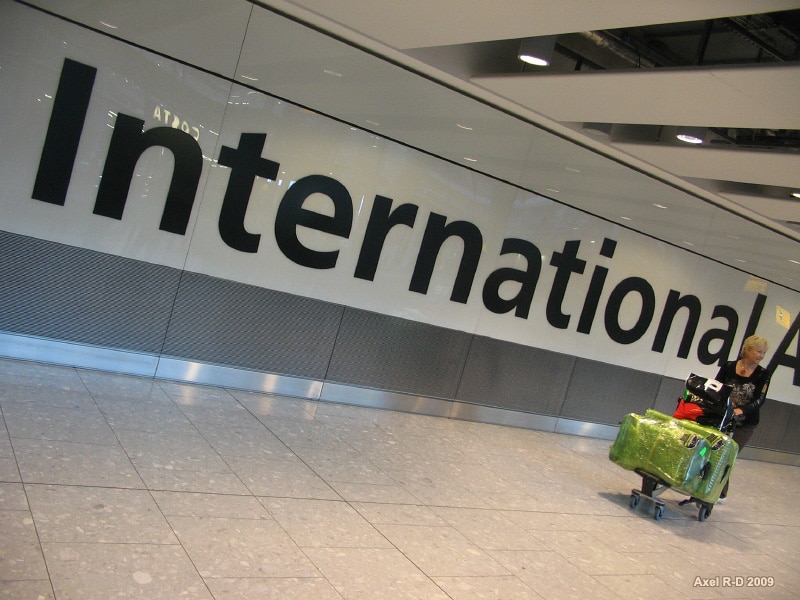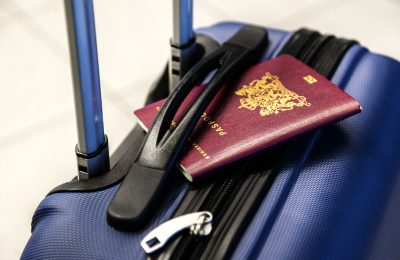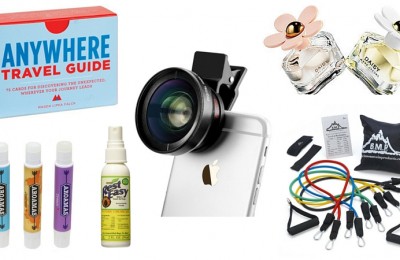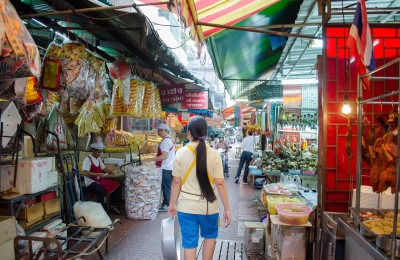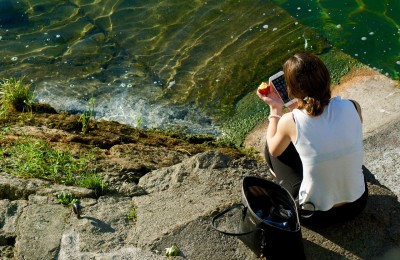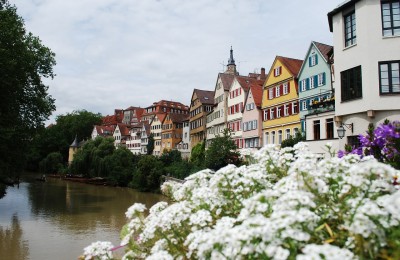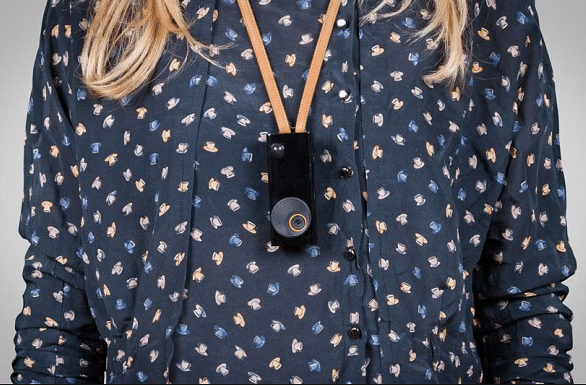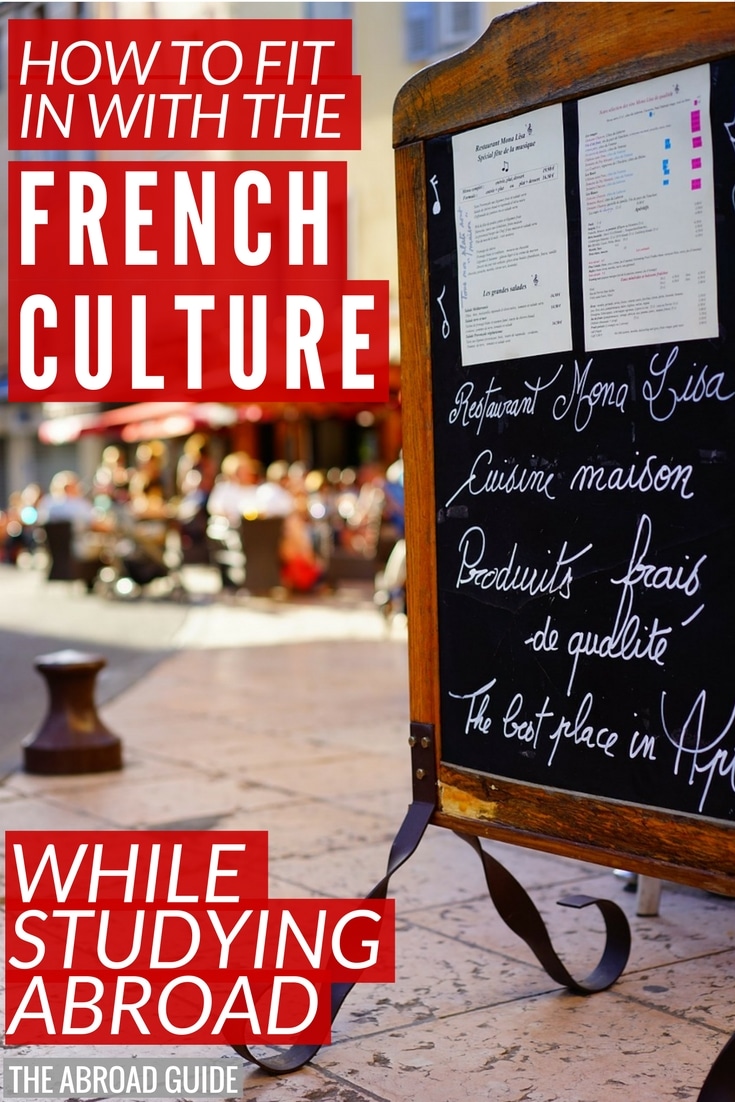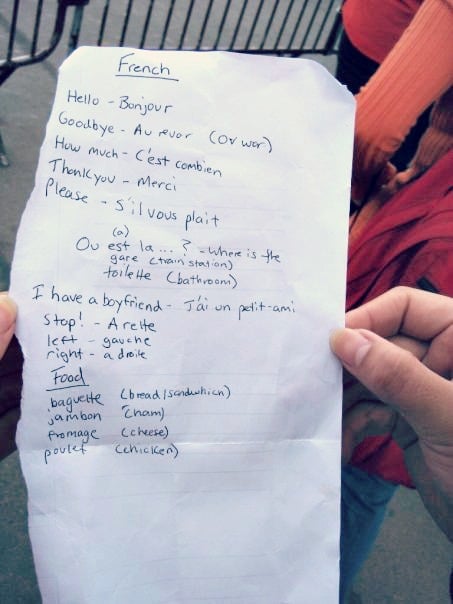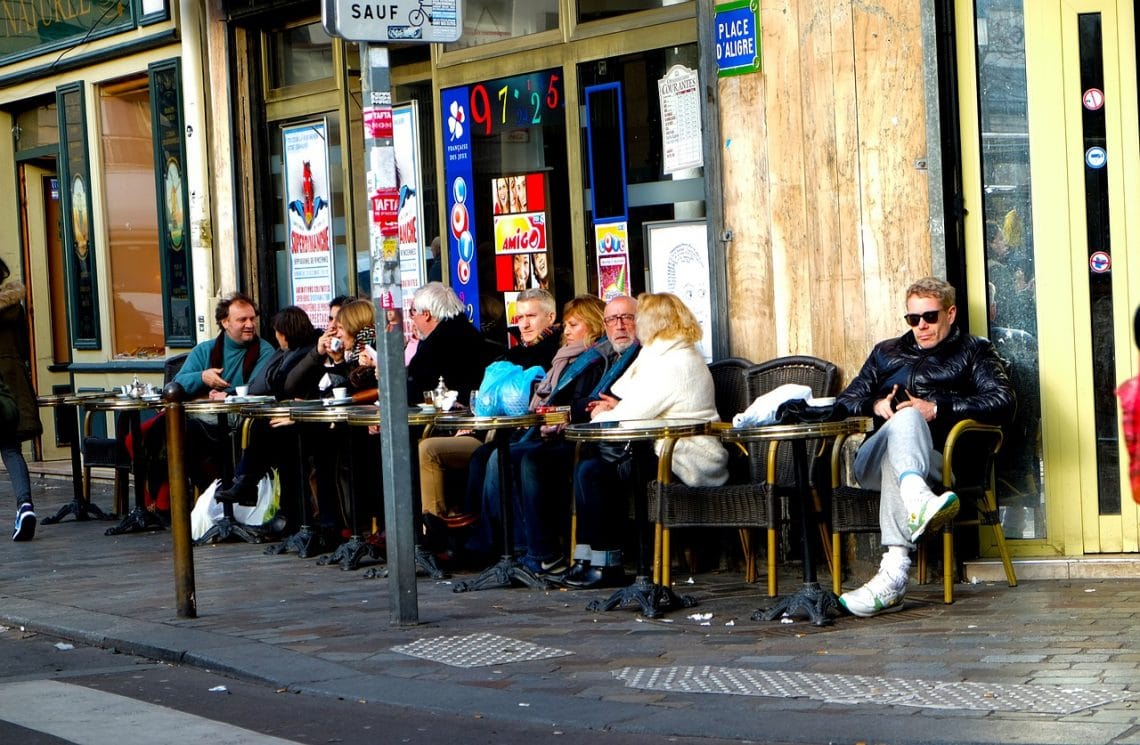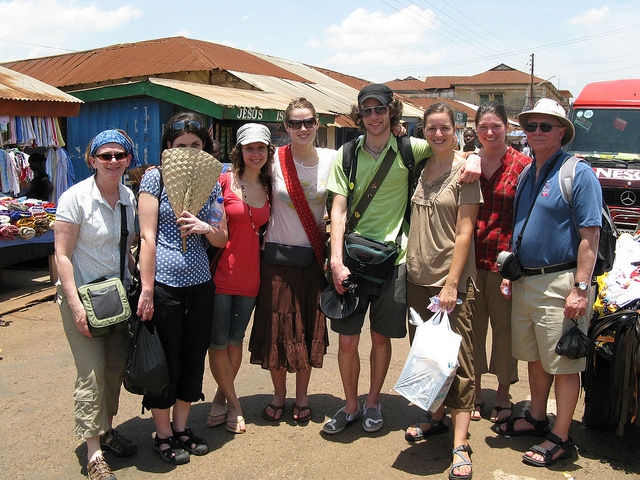Preparing yourself culture-wise is one of the most important steps for studying abroad. Being aware of the cultural differences and customs will help you transition better and faster into your new life in France. Whether you’re at school, trying to make French friends or simply exploring your new surroundings, knowing and practicing the below customs will help you in all social situations with the French.
Speak French as much as you can
Speaking French on some level is a must. Contrary to popular belief, the average French person does not speak fluent English. They may know some English curse words and a few key phrases learned from American movies and music but not much more. Any attempt to speak French will be greatly appreciated, even if not always understood. The most important thing to know is that French is a language with formalities and using the wrong “you” form could offend someone. If they are older than you/ your professor or you do not know them- use vous. If they’re a child or your classmate- use tu.
Learn a bit of French before you go with an app like DuoLingo, or if you’ll be in France for a while, consider investing in a learn-at-home program like Rosetta Stone.
The “manners culture” in France
French culture is also formal. Stopping someone on the street to ask for directions, time, etc. without excusing yourself and apologizing for bothering them first is considered rude. If you get lost, I recommend using a Metro station map or going into a store, as this is more acceptable situation to ask someone for help. Interacting with strangers for no reason is also a no-no. For example, I once said a vos souhaits (the French version of God Bless You) to a woman who sneezed next to me on the street and she looked at me liked I had slapped her! But holding the door for the person behind is still appreciated and expected.
Greetings and salutations are important
In France, greetings, both in person and virtually, are essential. It’s considered rude to just get down to business without saying hello, asking the person how they are doing, and asking them if they are available. If you don’t know the person, the second part of your greeting should be a minor introduction (meaning your name and your affiliation with them). This goes for all personal and business relationships. A small bonjour and introduction can go a long way!
Read next: 5 Alternative Things to Do in Paris
The French don’t hug, they kiss
The French are not big huggers. What they do instead is the tradition of les bises— the planting of a kiss on both cheeks. There are three versions of les bises:
1. Using your lips to plant an actual kiss on each side of the cheek
2. Merely brushing your cheek against the cheek of the other person
3. Just doing the motion but no actual skin to skin contact. This is a standard greeting amongst all ages and is typically seen woman to woman and man to woman. It can sometimes even be done by two men, so no need to get freaked out if this happens!
Turn down the volume
The French aren’t loud speakers. As Americans, we’re usually boisterous and loud. This is a trait that will make you stick out and be a target to panhandlers, gypsies, and theives. For your time in France, turn down your speaking volume to avoid attracting unwanted attention or making someone think you’re yelling at them. And when we aren’t being loud, Americans will use a lot of gestures in their communication, so be sure to turn down the “volume” on gestures as well, and you’ll fit in just fine.
How to dress like the French
The French aren’t outrageous dressers. If you have a strong fashion sense (ex: punk, hip hop, club, retro or simply love bold/bright colors and crazy prints) it will need to be toned down a bit while you’re abroad in France. The French dress “simple chic”. They always look great, but never over the top, with muted colors and simple silhouettes. Go for that quintessential French look– just forget the beret…
If you’re still struggling, here’s an article on WhoWhatWear on how to dress like a French girl.
How the French view beauty and hairstyles
Just like the way they dress, the French also have a simple and elegant outlook on beauty. Things like Mohawks and extreme hair color will get you some strange looks and not many friends. If you color your hair, bring it from home or be prepared to have to get it re-colored at a salon. It would be best to just not wear the Mohawk and get rid of the pink highlights for your time in France. Use Catherine Deneuve and Marion Cotillard as your beauty inspiration while you’re abroad.
How to eat like the French
The French dine, Americans eat. Americans are used to eating on the go and not sitting down to enjoy each meal. The French live for food (you will find out why- everything is so good!) and to fit in, don’t skip meals or skimp on enjoying your food. Sit down and enjoy!
[bws_pinterest_widget type=”board” url=”https://www.pinterest.com/theabroadguide/study-abroad-in-paris/”]
Photo sources: Pixabay, Jessica Dante, Jessica Dante












